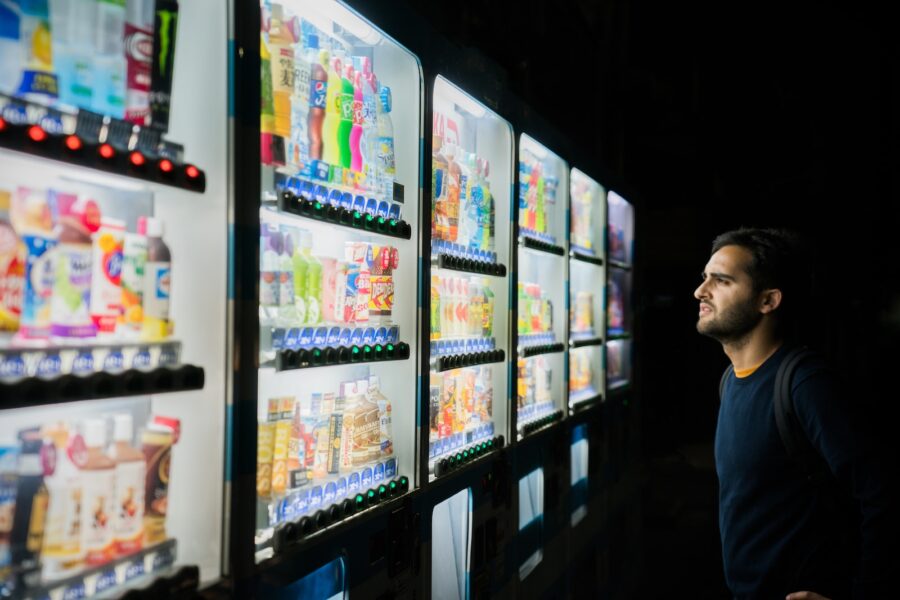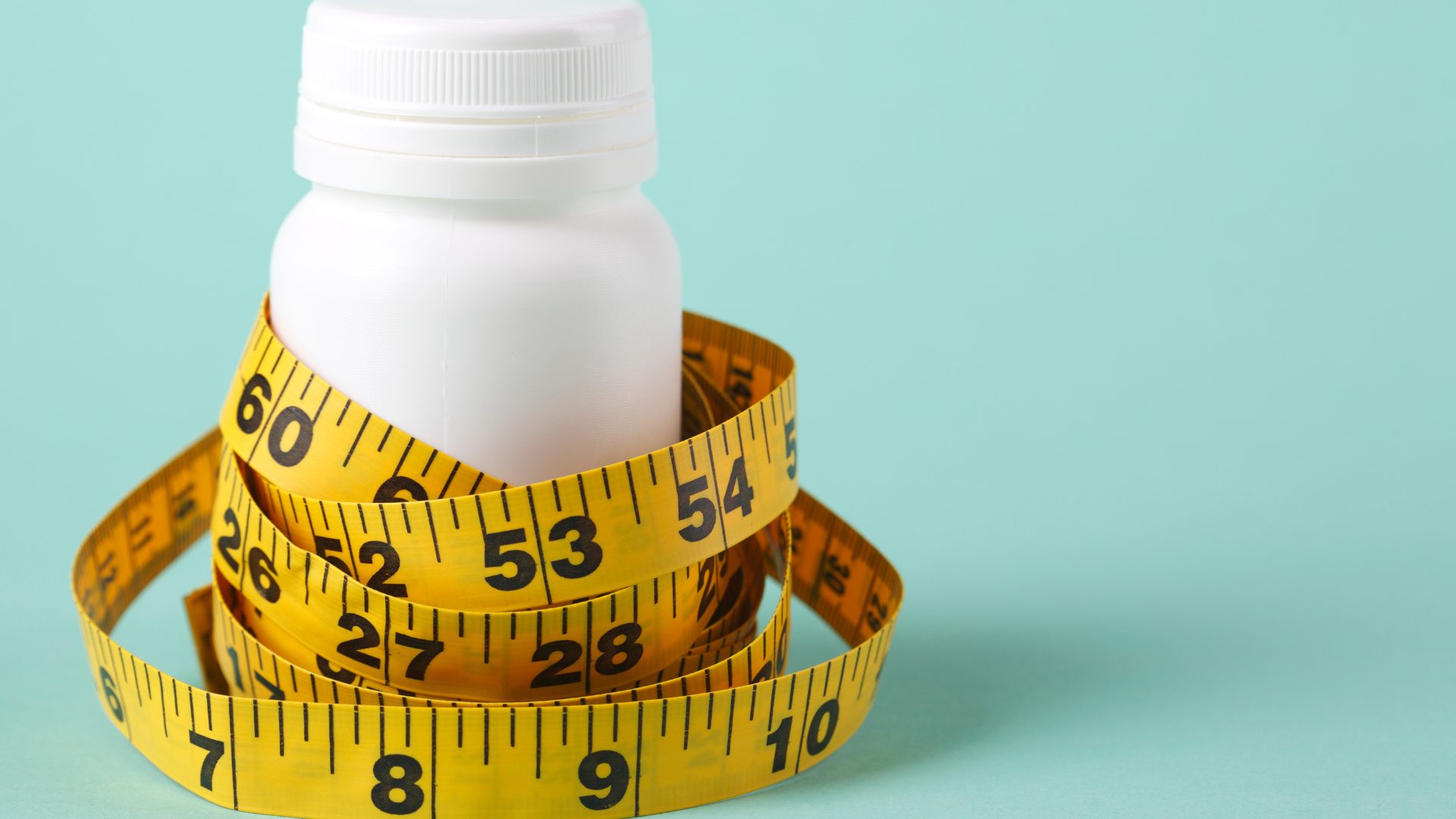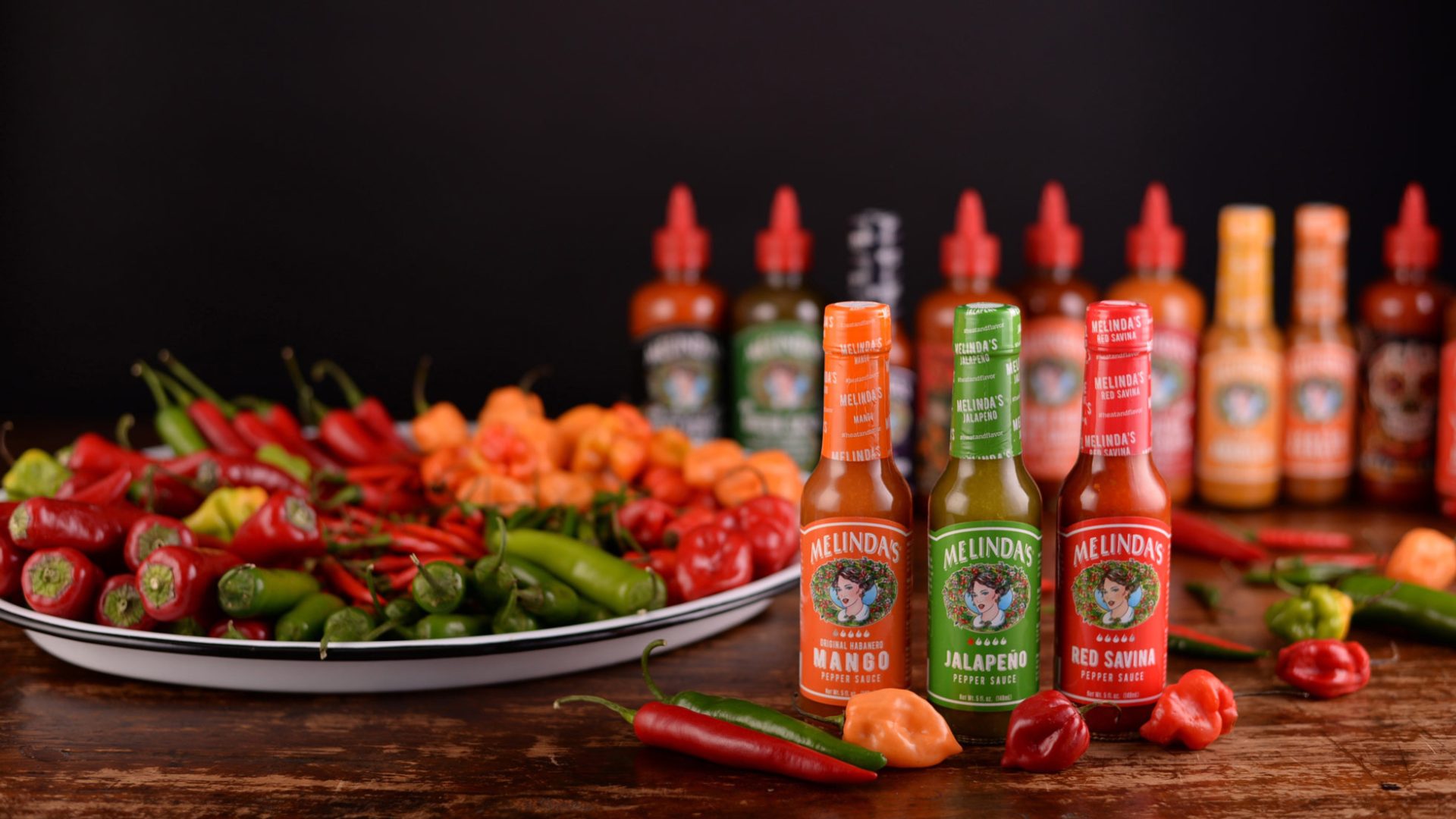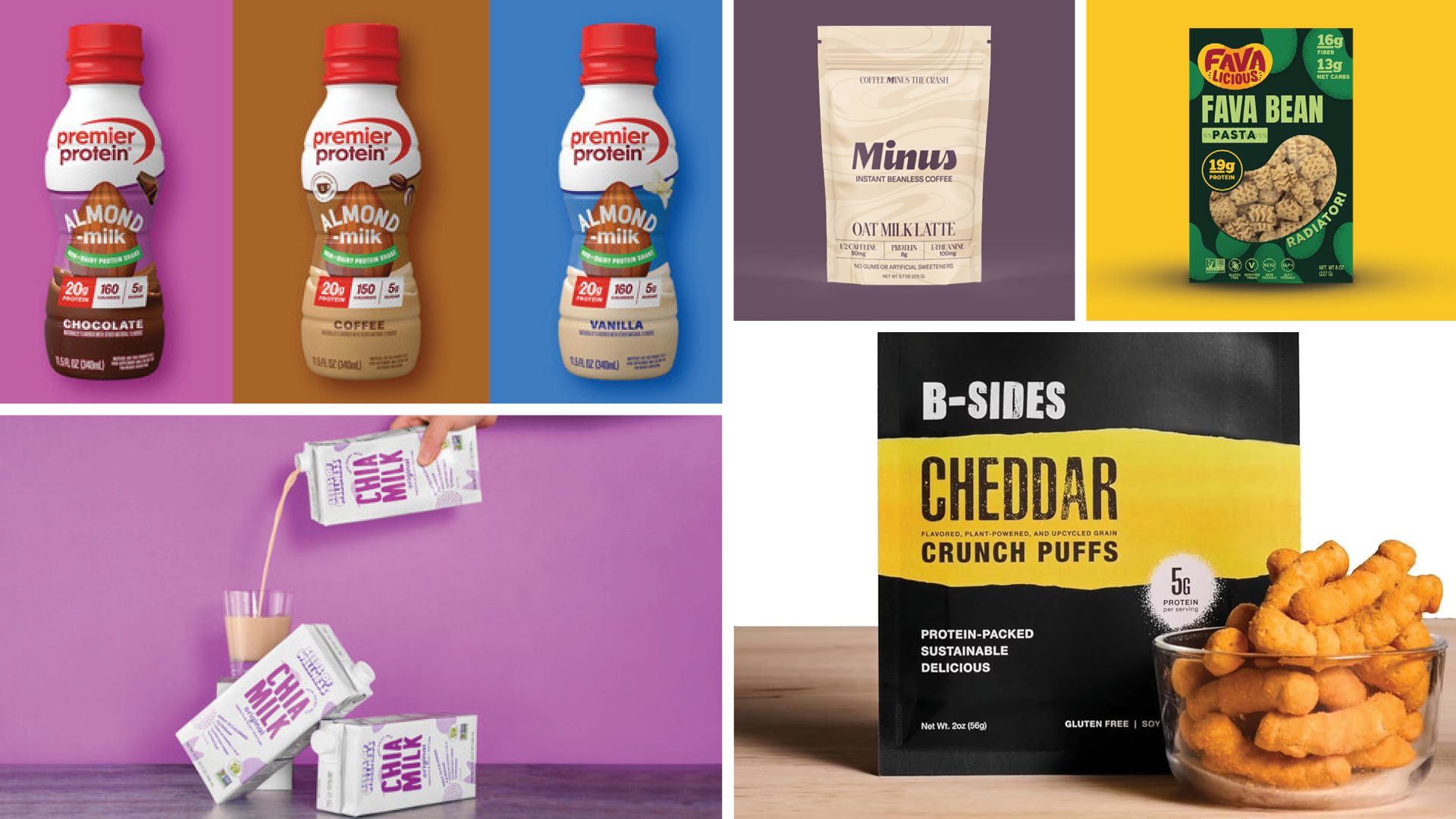There’s a reason Zane Adams’ brand dove all-in on nutrient-dense drinks: functional beverages are gathering steam in 2023.
“Forty-five percent of consumers use energy drinks to help maintain focus,” Adams told The Food Institute. “There’s an increased focus on caffeine and cognitive-boosting beverages.”
About 84% of consumers today say mental health and focus are just as important as physical well-being, the CEO noted. According to Allied Market Research, the functional beverages market size is estimated to reach $200,080.3 million by 2030, registering a compound annual growth rate of 5.9% during the period.
“In general, people are looking for function – we believe this is a continuation of trends that offer ‘value add’ to the foods and beverages, so ‘food is thy medicine,’” said Adams, co-CEO of the Buchi brand. “Even before Covid, people were looking for more nutrient-dense options for the money.”
The Food Institute will put the functional beverage category under the microscope in its next monthly report, available to members on May 2; to join FI, click here.
Adams feels modern consumers are looking for nine features in the functional beverages they buy:
- Cleansing/detox
- Bone/joint health
- Weight management
- Fitness/performance
- Immunity
- Digestion/microbiome
- General prevention
- Energy
- Hydration
“In general, there are growth opportunities across rapid hydration, cognitive and mood benefits, botanical extracts, digestive health, and growth of gaming,” Adams said.
Dr. Bryan Quoc Le, a food and beverage industry consultant, feels the pandemic inspired much of the public to re-evaluate its diet.
“Consumers are seeking ways to improve their energy on a daily basis, and functional/energy drinks offer a quick fix,” Quoc Le said.
Beverage brands, including those focused on sparkling waters, are launching products that claim to provide immune system support. Consumers are also increasingly interested in drinks that claim to boost their metabolism.
“Consumers are seeing this aspect of health as being the root of all health and wellness,” Adams said, and “this space is reaching outside of just pre- and probiotics.”
Meanwhile, health-conscious consumers seem as focused as ever on recharging and rehydrating after intense exercise.
“Exercise is cited as the number two reason why people are drinking more energy drinks this year over last year,” Adams said. “The sports and energy categories are continuing to blur.”












